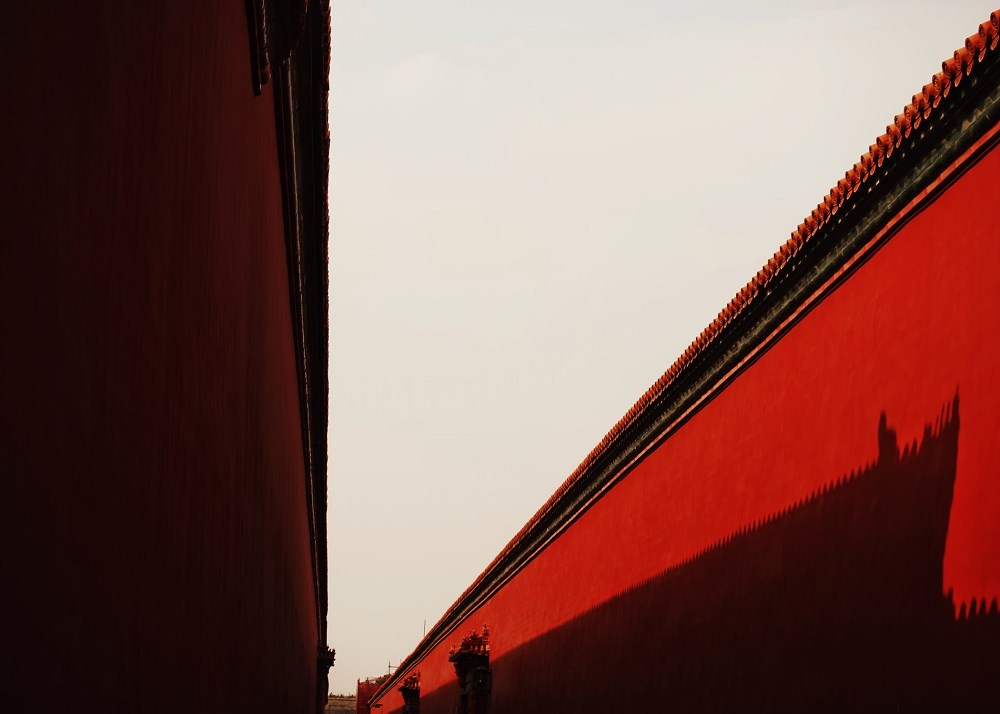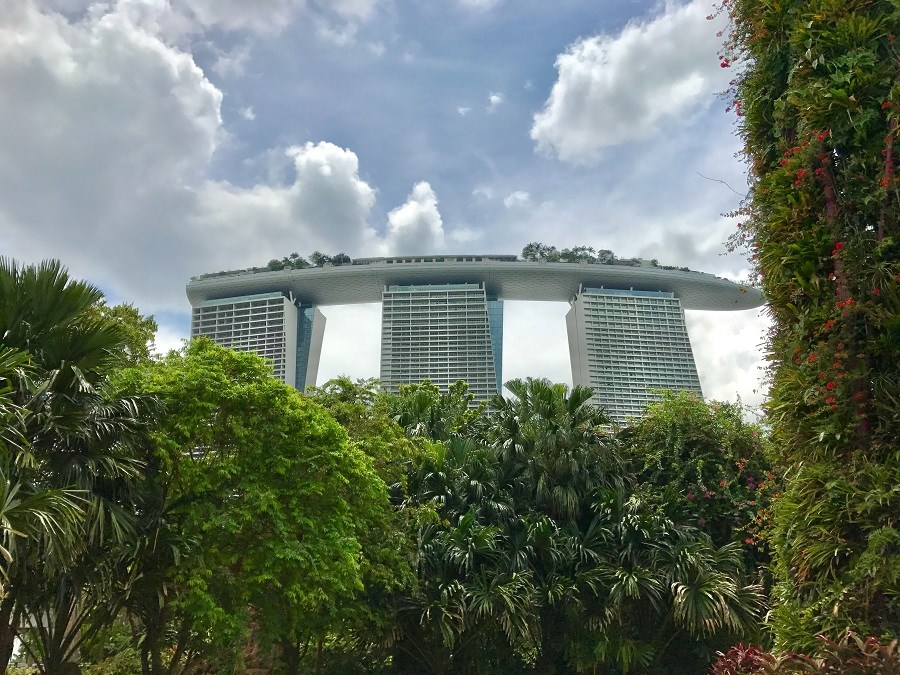
Earlier this month U.S. President Joe Biden signed an Executive Order to amend the Executive Order 13959.
The original Executive Order 13959 was signed in November 2020 by then U.S. President Donald Trump, with the goal of "Addressing the Threat From Securities Investments That Finance Communist Chinese Military Companies". The order prohibits all U.S. investors, both retail and institutional, from purchasing or investing in stocks of companies identified by the U.S. government as "Communist Chinese military companies". Initially, 31 companies were identified. After the latest order, the number of sanctioned companies now totalled 59.
Effective on August 2, US investors will have to divest from the companies in the list before June 3, 2022. Many of the companies in the original list, such as chipmaker SMIC (00981), China Mobile Communications Group (00941), China National Offshore Oil Corp (00883), Hangzhou Hikvision Digital Technology (002415), and privately-held Huawei, remain on the list.
Jackie Choy, Morningstar’s director of ETF Research for Asia, says the latest order gives the market clarity of how the U.S. fund companies are impacted in their non-U.S. operations. In the amendment, it says that the executive order does not regulate the trading or investment services provided to a non-U.S. person. That means, funds sold to non-U.S. investors -- even if it is under the management of a U.S. parent company -- can still freely trade the sanctioned entities. Similarly, U.S. investment advisors providing services that hold the sanctioned names would not violate the executive order.
Implications Vary
For specific sanctioned names, implications can vary depending on the business scopes. The sanction doesn’t impact companies that derive revenue domestically but would prove detrimental in those that are highly reliant on disruptive tech in connections with the U.S..
The former group refers to surveillance gear manufacturer Hikvision and oil extractor CNOOC. Hikvision’s growth has mostly been driven by its home market and potential impacts on the stock would be proved minimal. The company reportedly had ties with the Chinese military as it is believed to be a supplier to the air force, selling drones and other accessory equipment in 2019.
Another example is CNOOC, which engages in upstream oil business, such as offshore exploration and production. Its day-to-day operations are intact.
Chokwai Lee, our senior equity analyst, says the negative news was sufficiently reflected in the share price and across Chinese oil producer names when the ban was first signed. CNOOC’s ADR on the NYSE was then delisted from March 9 2021. He sees minimal impacts on the fundamentals and sentiment between now and the deadline for U.S. investors’ divestment.
As oil prices continue to improve, CNOOC's output is expected to rise at 6.8% every year through 2025. The company is supported by new projects coming on stream. Long-run oil prices of USD 60 per barrel shall benefit the company’s revenue. CNOOC’s fair value is estimated to be HK$ 17.0, versus its closing price of HK$ 8.74 on June 7.
Chinese foundry SMIC isn’t only subject to stock ownership ban but is restricted by the U.S. officials from sourcing American technology without approval. Our fair value estimate of SMIC is now at HK$ 18.
Equity analyst Phelix Lee says the net impact to the fair estimate since October 2020 was a 20% trim. The company still depends on US suppliers for the equipment necessary in making advanced chips. The downward adjustment takes into consideration of SMIC’s potential inability to develop higher-margin chip products. He thinks investors may be better off considering Taiwanese foundries.
Lee says the company is currently dual-listed on Hong Kong and Shanghai exchanges and foreign holdings typically come from offshore listing in Hong Kong. “We identify a certain level of foreign holdings of Hikvision. For H-share, on one hand, the sanction shall put pressure on the share price. But I don’t think it’s lasting.”
While US investors have six more months to divest the stock, he says some large investors have already made the move, and as a result, Lee believes SMIC's H-share price level should stabilize in some time.
“It will take time for ownership to change hands and I wouldn’t be surprised for mainland investors coming in the market to substitute the foreign holdings. It’s common for onshore investors holding the Hong Kong version of mainland companies for the valuation discount offered."
Separately, index providers FTSE Russel and MSCI say they are aware of the amended Executive Order and they would not implement some of the changes that were scheduled for early June. Further announcements will be made later on index changes relating to the amended Executive Order.
©2021 Morningstar. All rights reserved. The information, data, analyses and opinions presented herein do not constitute investment advice; are provided as of the date written, solely for informational purposes; and subject to change at any time without notice. This content is not an offer to buy or sell any particular security and is not warranted to be correct, complete or accurate. Past performance is not a guarantee of future results. The Morningstar name and logo are registered marks of Morningstar, Inc. This article includes proprietary materials of Morningstar; reproduction, transcription or other use, by any means, in whole or in part, without prior, written consent of Morningstar is prohibited. This article is intended for general circulation, and does not take into account the specific investment objectives, financial situation or particular needs of any particular person. Investors should consult a financial adviser regarding the suitability of any investment product, taking into account their specific investment objectives, financial situation or particular needs, before making any investment decisions. Morningstar Investment Management Asia Limited is licensed and regulated by the Hong Kong Securities and Futures Commission to provide investment research and investment advisory services to professional investors only. Morningstar Investment Adviser Singapore Pte. Limited is licensed by the Monetary Authority of Singapore to provide financial advisory services in Singapore. Either Morningstar Investment Management Asia Limited or Morningstar Investment Adviser Singapore Pte. Limited will be the entity responsible for the creation and distribution of the research services described in this article.










.png)



.jpg)





